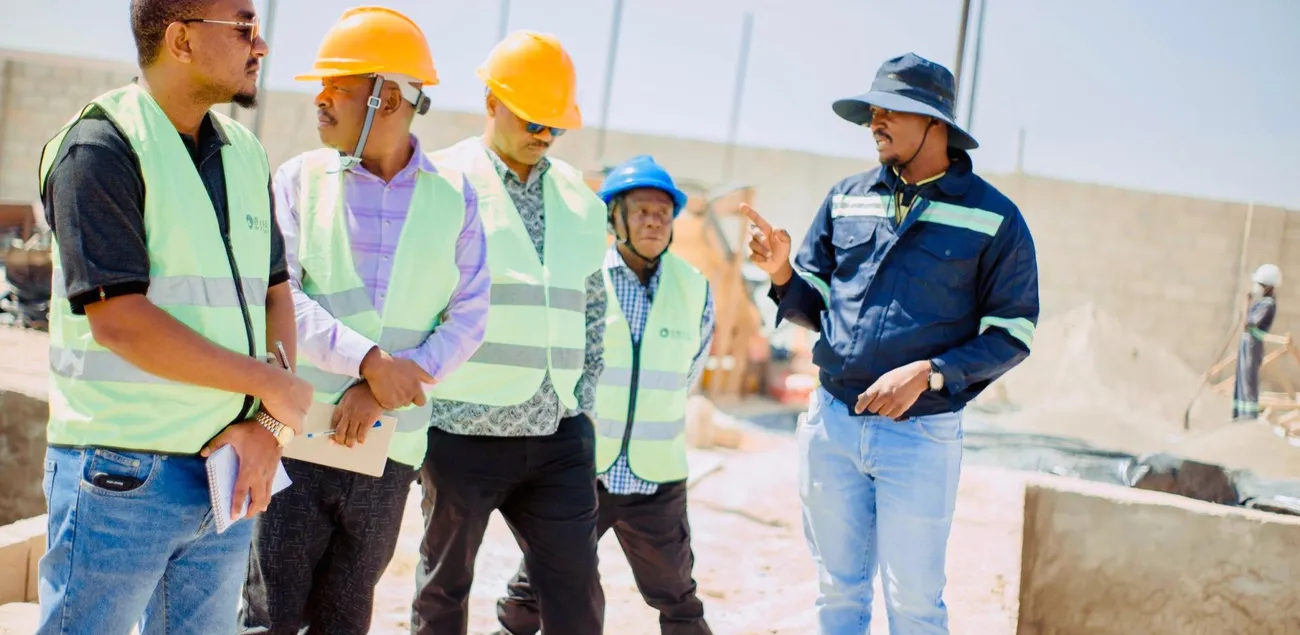
Shengde Precious Metal Resources, a Chinese-backed mining company operating in Tanzania, has completed construction of the country’s first copper refinery in Nala, Dodoma Region, with commercial production scheduled to begin in July 2025. The facility represents Tanzania’s entry into domestic copper processing as the government implements a mandate requiring all copper mined within the country to undergo local refining by July 30, 2025, ending decades of raw material exports to international markets.
Government Policy Drives Value Addition Strategy
Tanzania’s Ministry of Minerals has implemented comprehensive regulations requiring domestic processing of copper concentrates, aligning with broader African initiatives to capture more value from mineral resources before export. The policy shift follows similar measures across the continent, including Zambia’s copper export restrictions and Democratic Republic of Congo’s cobalt processing requirements, as governments seek to develop downstream industries and increase employment in mining regions.
Engineer Menard Msengi, Dodoma Regional Mining Officer, emphasized the refinery’s role in supporting small-scale miners who previously sold unprocessed copper at significantly lower prices. The facility provides a guaranteed domestic market for copper concentrates while enabling miners to capture higher values through local processing rather than exporting raw materials to international smelters.
Production Capacity Targets Rapid Expansion
The Nala refinery has commenced trial operations at 20 tonnes per day capacity, producing copper cathodes that meet international quality standards for export or domestic consumption. Company Director Abia Mafie announced plans to increase production to 1,000 tonnes daily following installation of additional machinery currently being imported, representing a fifty-fold capacity expansion that would position Tanzania among Africa’s copper processing nations.
The facility employs comprehensive resource utilization, with copper dust byproducts converted into construction bricks for local building projects. This approach addresses environmental concerns while creating additional revenue streams from processing waste materials that would otherwise require disposal or storage.
United Nations Support Facilitates Development
The United Nations Development Programme provides technical assistance and oversight for the refinery project through its mineral sector development initiative, supporting technology transfer and capacity building for Tanzanian personnel. The UNDP involvement reflects international recognition of Tanzania’s potential as a copper processing hub while ensuring environmental and social standards compliance throughout operations.
The partnership includes training programs for local technicians and engineers, establishing knowledge transfer mechanisms that support long-term operational sustainability. The collaboration also provides access to international best practices for copper refining and environmental management systems.
Regional Expansion Plans Target National Coverage
Shengde Precious Metal Resources has announced intentions to establish five additional processing facilities across Tanzania, creating a distributed network of copper refineries serving different mining regions. The expansion strategy aims to reduce transportation costs for small-scale miners while providing processing capacity closer to production areas.
The planned facilities will target regions with established copper mining activities, including Mbeya, Singida, and Shinyanga, where artisanal and small-scale operations have historically exported unprocessed materials. Each facility will incorporate similar technology and environmental standards as the Nala refinery while adapting capacity to local production volumes.
Market Context Reflects African Processing Trends
Tanzania’s copper refining initiative occurs within broader African efforts to develop domestic processing capabilities for strategic minerals. The continent produces approximately 70% of global cobalt and 60% of manganese but processes less than 20% of these materials domestically, creating opportunities for value addition through local refining infrastructure.
Copper demand in East Africa has grown steadily, driven by infrastructure development, power generation projects, and telecommunications expansion. Regional consumption provides potential markets for Tanzanian copper cathodes while reducing dependence on imported processed materials from international suppliers.
Economic Impact Supports Industrial Development
The refinery project represents part of Tanzania’s broader industrialization strategy, targeting manufacturing sector growth and export diversification beyond traditional agricultural products. Copper processing creates higher-skilled employment opportunities while generating increased tax revenues through value-added production rather than raw material exports.
Local procurement requirements for the refinery construction and operations provide business opportunities for Tanzanian suppliers, while technology transfer supports development of technical expertise in metallurgical processing. The project aligns with government objectives to establish Tanzania as a regional processing hub for mineral resources.
Company Background and Market Context
Shengde Precious Metal Resources operates as part of growing Chinese investment in African mineral processing infrastructure, reflecting China’s strategy to secure raw material supplies while supporting African industrialization objectives. The company’s investment in Tanzania follows similar projects across the continent where Chinese firms have established processing facilities for copper, cobalt, and other strategic minerals.
Tanzania’s mineral sector contributes approximately 4% of gross domestic product, with gold representing the largest component followed by copper, nickel, and gemstones. The country’s copper reserves concentrate in the Lake Victoria region and central areas, with both large-scale and artisanal mining operations contributing to national production.
Copper serves essential functions in electrical infrastructure, construction, and manufacturing applications, with growing demand from renewable energy projects and electric vehicle production. Global copper consumption reaches approximately 25 million tonnes annually, with Africa accounting for roughly 8% of world production but minimal processing capacity relative to resource endowment.



